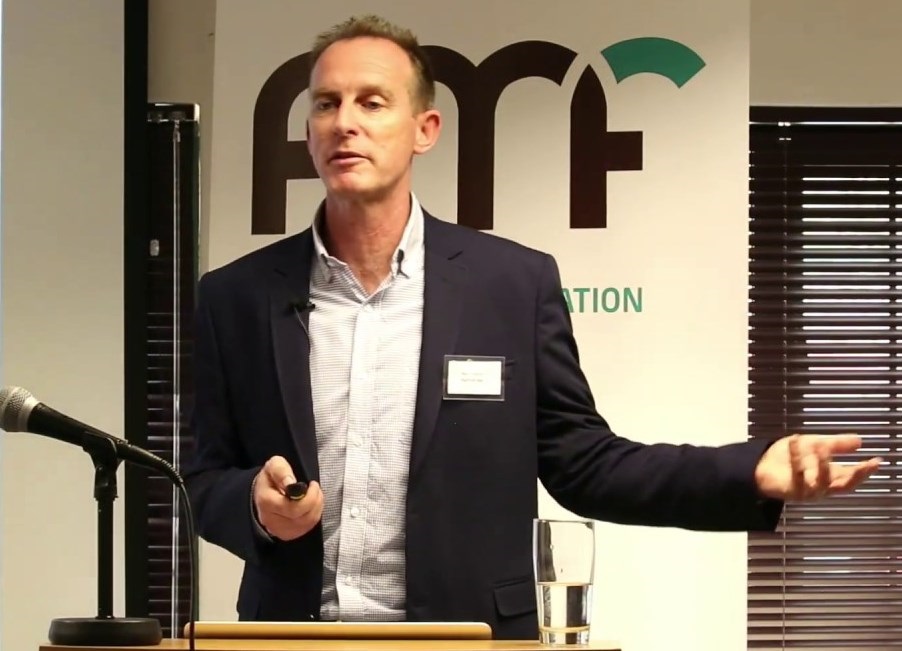
The current number of unemployed South Africans is equivalent to the population of seven of South Africa’s nine provinces.
These are some of the ramifications of the alleged state capture - which resulted in the looting of key public enterprises and state coffers – as manifested in the latest Economic Freedom of the World Report, which ranked South Africa at a dismal 94 out of 162 countries.
The Economic Freedom of the World (EFW) index released on Wednesday measures the degree to which the policies and institutions of countries support economic freedom, or in simpler terms: the extent to which governments meddle in their countries’ economy.
Technical director at Nightsbridge - a software company providing real-time information on correlations between economic freedom and economic growth - Neil Emerick, who presented South Africa’s results as reported in the 2018 EFW report said that “the revelations that came out first in the press and now in the Zondo commission [of alleged state capture] have a lot of bearing on, and have been reflected in South Africa’s index on the report”.
Emerick illustrated how politics has become a huge influencing factor in the economics of countries as evidenced by volatile stock markets over sentiments expressed by the likes of Donald Trump and the UK’s decision to leave the European Union.
“Bad politics in particular have a significant effect on economies,” said Emerick, who also credited policy making by governments as another significant contributing factor towards economies performing poorly.
“One policy that the South African government has proclaimed over the last twenty years has been the pursuit of a developmental state.
"This policy has manifested itself through high levels of state ownership, evidenced by the numerous state-owned enterprises,” said Emerick.
He said that the number of state-owned enterprises in South Africa was very high by international standards and explained that although the policy itself was not problematic its implementation and overseeing thereof were the fundamental problem in South Africa’s case.
“When you have an economy – thanks to government policies – that is now largely dependent on state-owned entities who themselves are now perforated by corruption, nepotism and self-serving individuals then you have a recipe for disaster,” said Emerick.
Free Market Foundation (FMF) Executive Director, Leon Louw weighed in saying that if South Africa was to increase prosperity and reduce unemployment and poverty, it was essential that “the financial sector be allowed to function as freely and efficiently as possible without stifling bureaucracy,” and “that true judicial independence should be restored expeditiously”.
In 2000, South Africa was ranked 46th in the world, which meant that the country was in the top 30% of economically free countries.
Not only was South Africa ranked highly on the index, but it was rising and destined to be, one day, ranked among the world’s freest and most prosperous countries.
Unfortunately, instead of building on its post-apartheid achievement, South Africa started sliding down the rankings and is now in the bottom 40%.
This annual report (which also ranks countries based on five areas: size of government, legal structure and security of property rights, access to sound money, freedom to trade internationally, and regulation of credit, labour and business) indicated that South Africa had slid down the ranks also based on uncertainties surrounding the country’s security of property rights.
Emerick explained that this was due to uncertainties surrounding the land expropriation without compensation debates which have consumed South African public debates and caused reservations among potential investors.
According to Emerick, South Africa’s “bad political decisions, policies and the allegations of state capture” were all contributing factors to South Africa’s shocking unemployment rate.
“Currently, South Africa’s unemployed population is equal to the populations of seven of South Africa’s nine provinces,” Emerick said.
South Africa had proven its mettle in the last couple of months as the courts and media stood firm to expose corrupt politicians, some of whom had lost their positions subsequent to theses revelations.
Notably, South Africa was ranked in almost a similar bracket with its BRICS partners: Russia (87th), India (96th), China (108th) and Brazil (144th).
The 10 lowest-rated countries were: Sudan, Guinea-Bissau, Angola, Central African Republic, Republic of Congo, Syria, Algeria, Argentina, Libya, and Venezuela.




 Publications
Publications
 Partners
Partners








